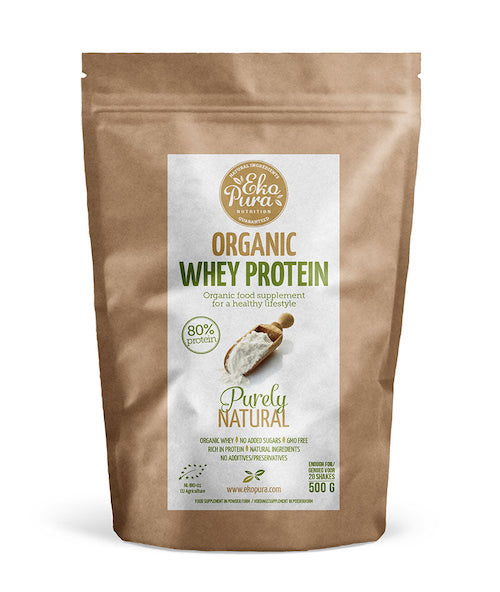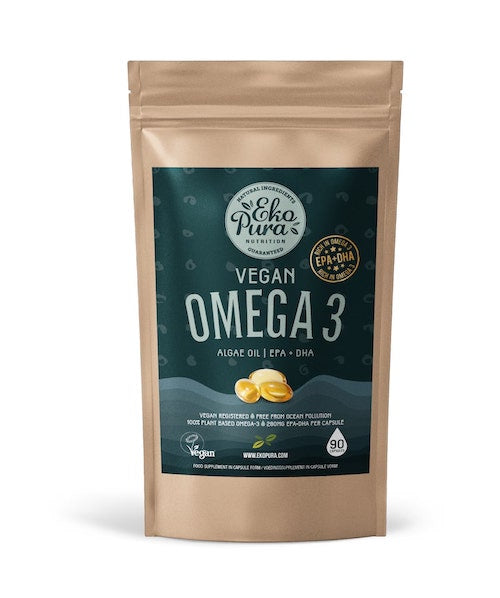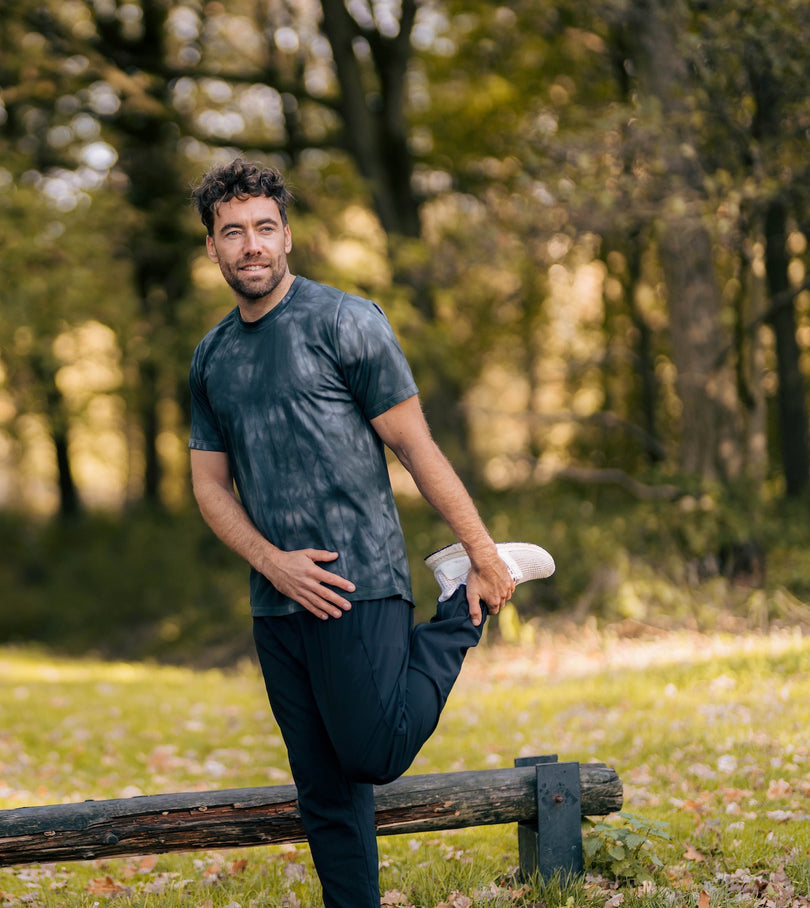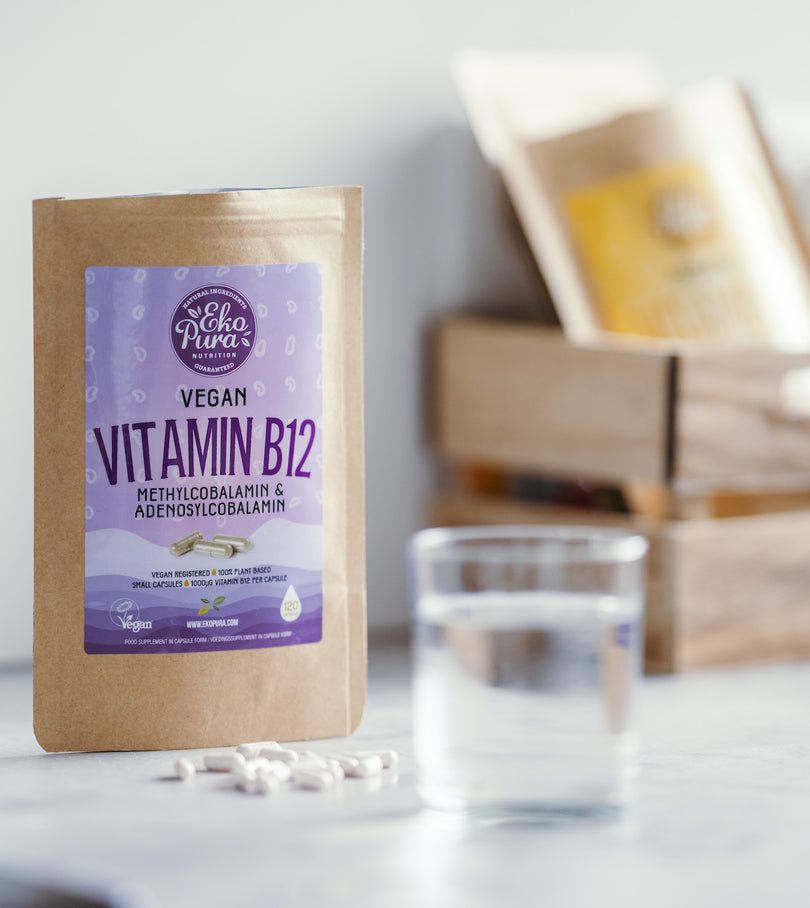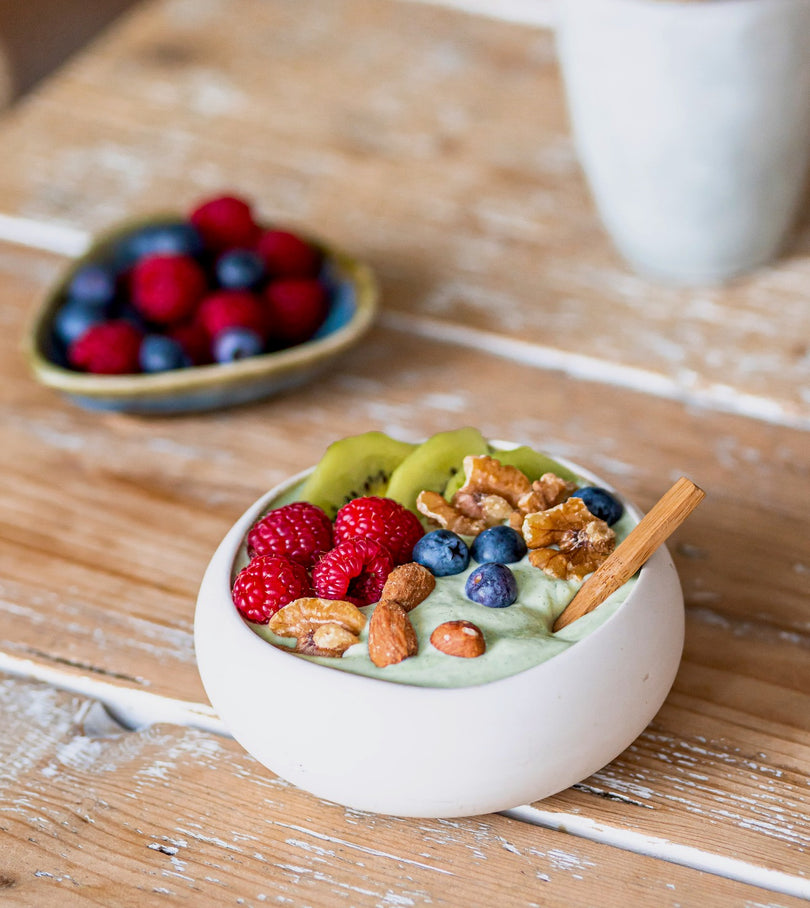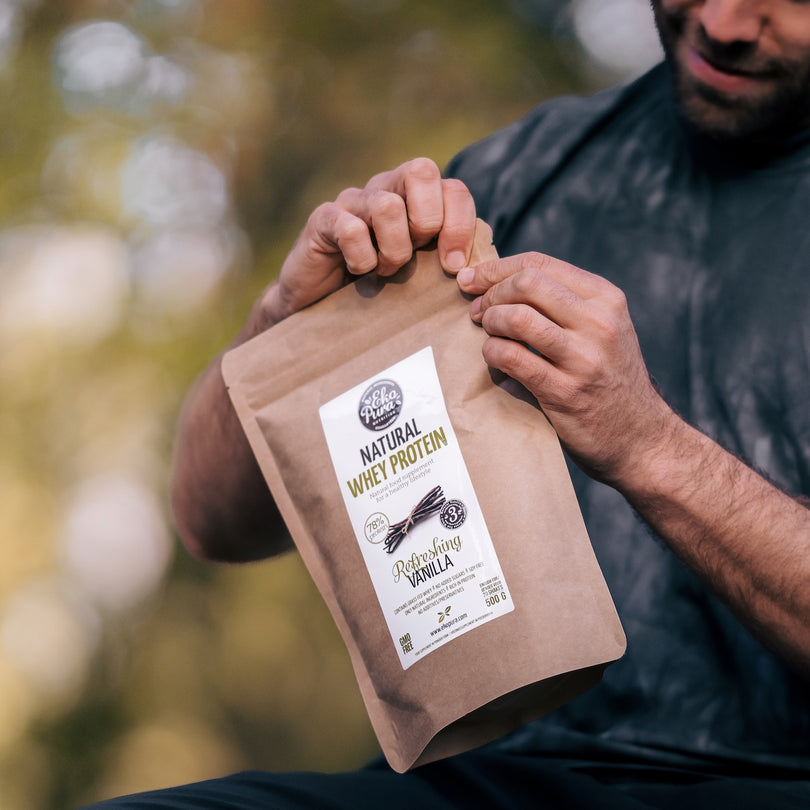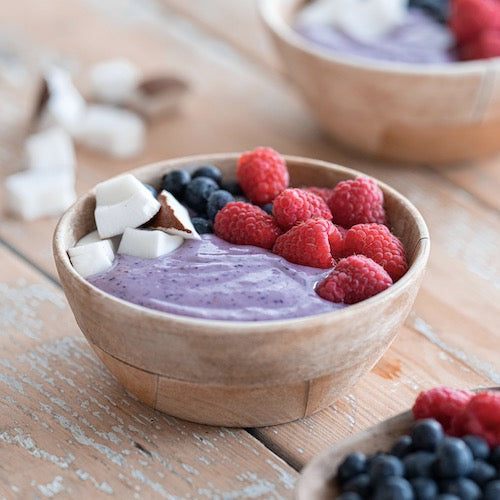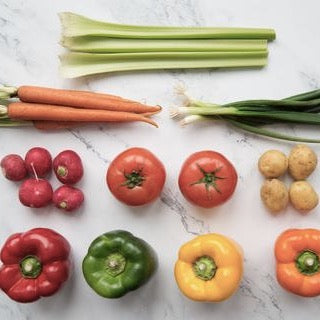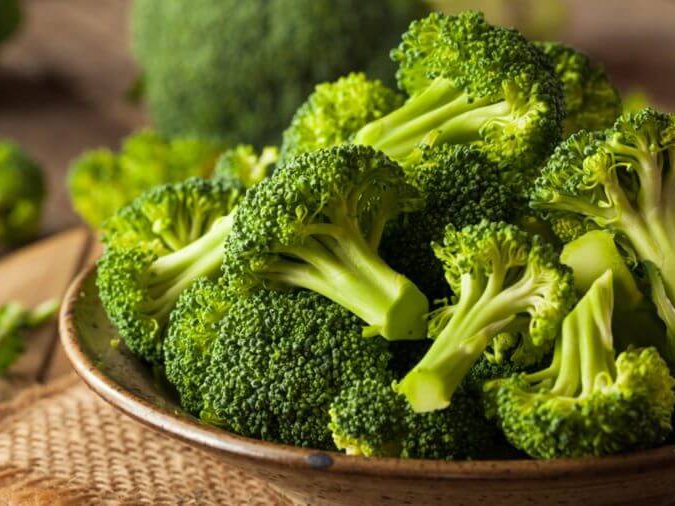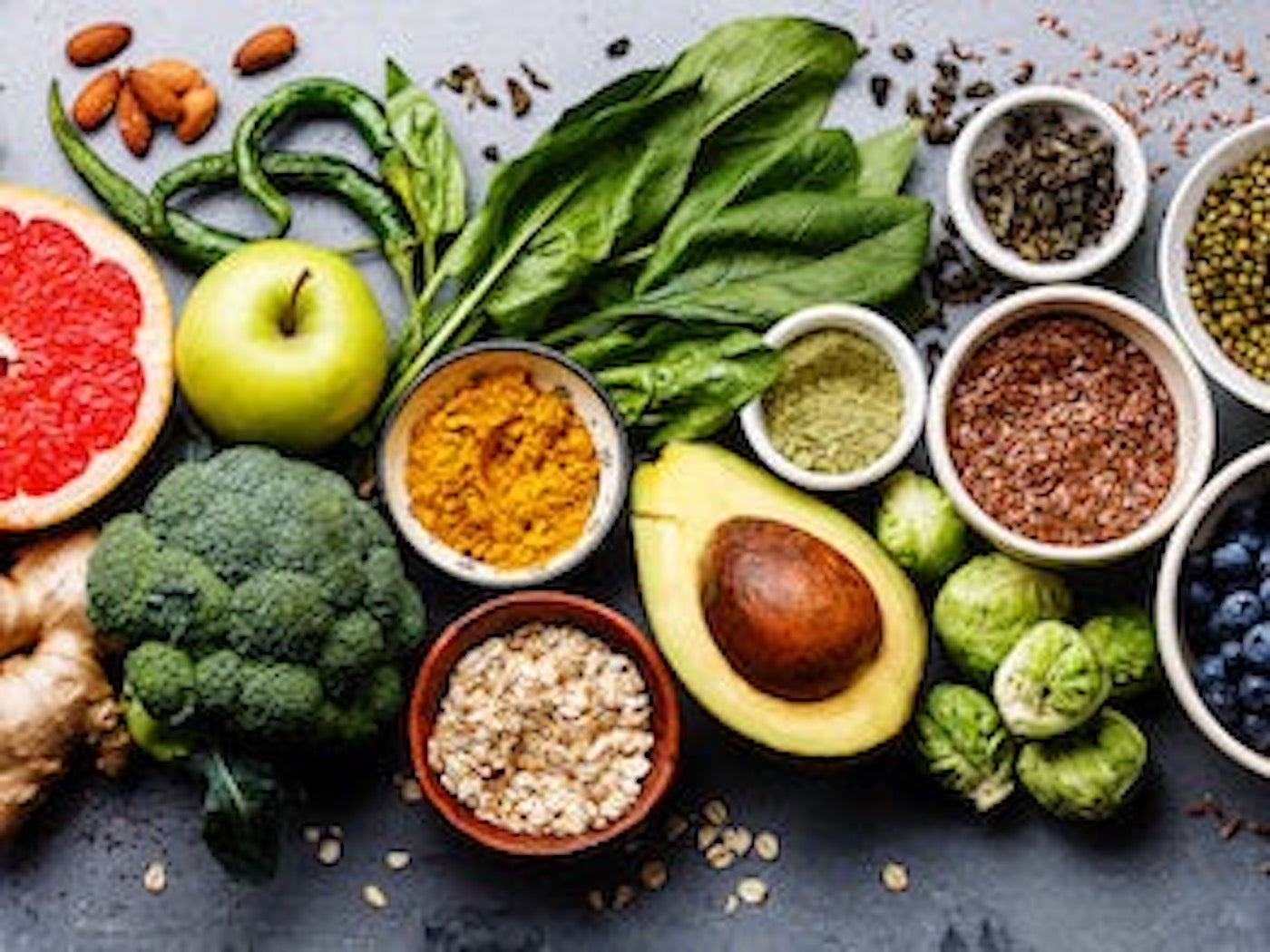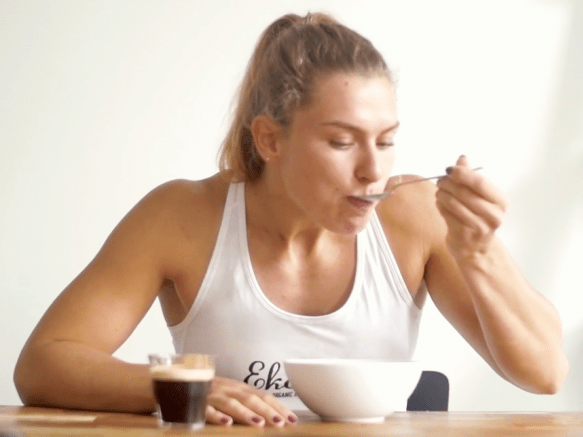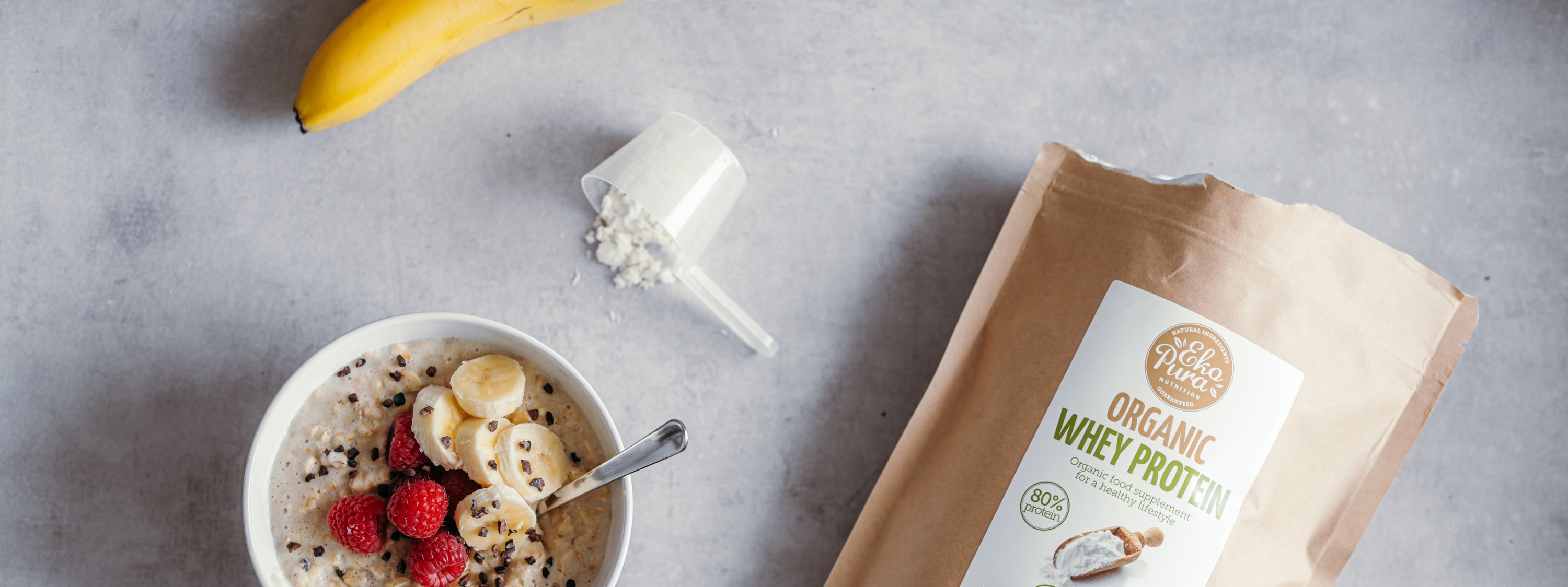We all know that it is important to get enough protein every day. Especially when you do strength sports. Proteins are the building blocks of our body. Your body uses proteins for almost all crucial physiological processes.
Some examples of this are:
- Growth, maintenance and repair of cells (muscles, skin, skeleton, hair, teeth) - Metabolism & cell transport through the bloodstream
- Production of antibodies (immune system)
- Organ functions
- Production of enzymes & hormones
How much protein you should eat per day varies from person to person. The exact amount of protein your body needs on a daily basis depends on factors such as age, health, weight and physical activity. However, a good estimate can be made of the number of proteins required based on the average requirement.
Read more about this in our blog: How much protein do you need per day?
To help you on your way to achieving your daily protein requirement, we have selected seven protein-rich vegetables below that you can add to your weekly shopping. They are also easy to meal prep and have a long shelf life. Are you reading along?
Protein-rich Vegetables
asparagus
With one gram of protein in each reasonably sized asparagus, this is the clear winner. Asparagus also contain a lot of vitamin K, vitamin C, vitamin B1, B2, vitamin E and folic acid (vitamin B11). Asparagus is healthy for the whole body. This green rascal is steamed or grilled at its best.
Edamame
These green beans are incredibly healthy! Especially since they are packed with protein. They also contain fiber, iron and calcium. So they are not only super tasty, but also an ideal vegetable and protein source for vegetarians and vegans. Did you know that soybeans are one of the few plant-based ingredients that contains all the essential amino acids?
Broccoli
Serve it up, because there are about 3 grams of protein in every 100 grams of broccoli! Broccoli also contains many more good things, including vitamins A, B, C, E and K. The minerals are also well represented: calcium, potassium, phosphorus, beta-carotene, zinc, iron and copper. But especially the vitamins A, C and E are important; they are the strongest antioxidants among the vitamins.
Cauliflower
You need 24 florets to get the same amount of protein as in one egg. A fresh cauliflower contains 24 kcal per 100 grams. The cauliflower consists for the most part of water and contains a lot of vitamin C. In addition, just like kale, it has the advantage that this vegetable fights many diseases. Cauliflower also contains a relatively large amount of vitamins K, B6 and B11 (folic acid). Tip! Do you want to watch your carbohydrates a bit? You can use cauliflower to make your own pizza base, for example, or grate it and replace it with rice.
More
Corn may not be the most protein-rich vegetable, but it is one that you can use well in dishes. Think of chili con (or sin) carne to a simple salad. A fresh corn cob consists of 15% water. It consists per 100 grams of about 78% carbohydrates (in the form of starch), 11% fat and 13% proteins. What makes corn healthy is that it contains a lot of dietary fiber, about 3 grams; this is 12% of what you need approximately per day.
sprouts
Not everyone is a fan of sprouts, but these green bombs do have 4 grams of protein per serving (about four tablespoons). In addition, Brussels sprouts contain more vitamin C than oranges! 100 grams of raw Brussels sprouts contain 150 milligrams of vitamin C, 100 grams of oranges contain 51 milligrams of vitamin C. They are also rich in B vitamins, folic acid, magnesium, potassium and fiber. You can cook, stir-fry or grill sprouts.
Watercress
100 grams of watercress gives you 4 grams of protein and a lot of vitamins. Watercress is rich in antioxidants and low in calories. If you eat about 80 grams of it. Then you already have almost half the recommended daily amount of vitamin A and 50 mg of vitamin C. It also contains significant amounts beta-carotene, various B vitamins, vitamin E, iron, potassium, zinc and calcium.
A variety of health benefits are attributed to watercress. It is said to prevent aging and ensure strong nails, bones and beautiful hair and skin, it purifies the blood, strengthens the immune system and helps to prevent diseases. So off to the greengrocer!
Which of the above vegetables is your favorite?

